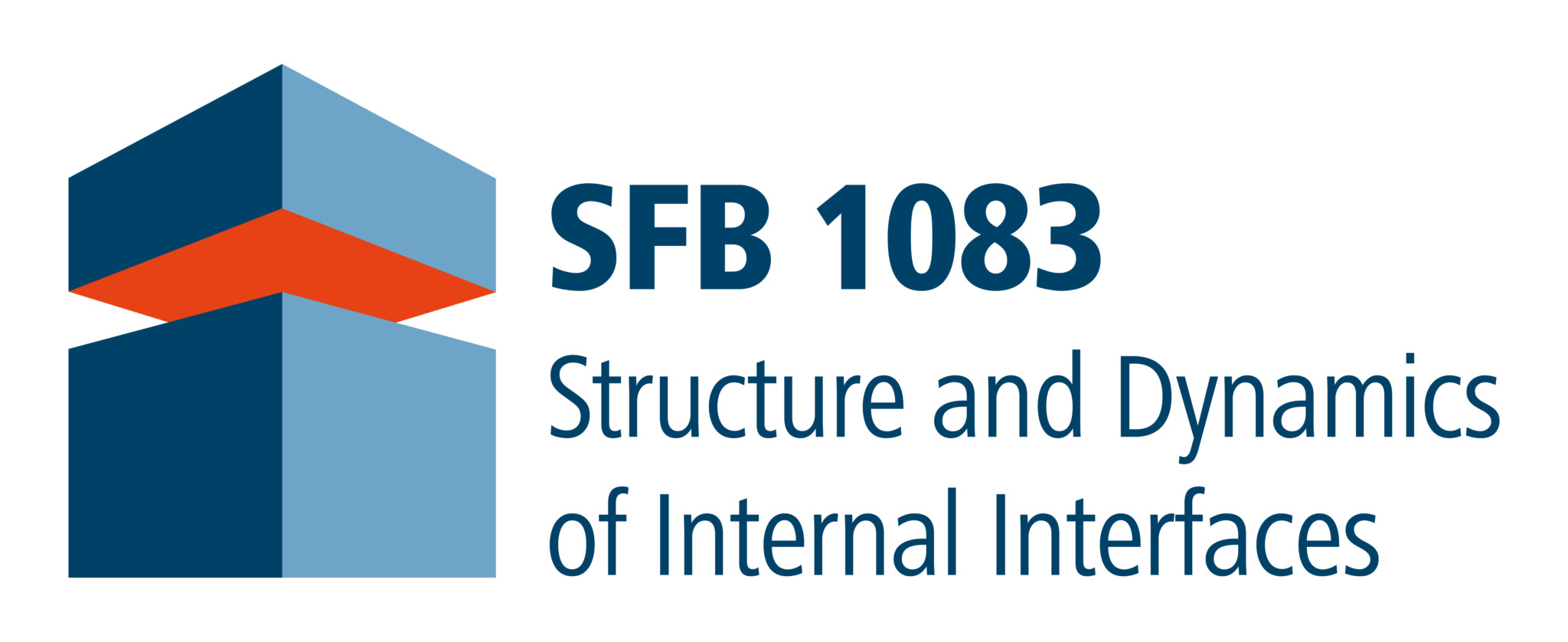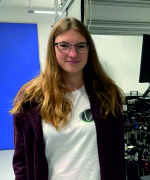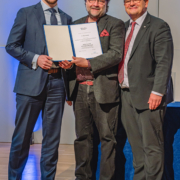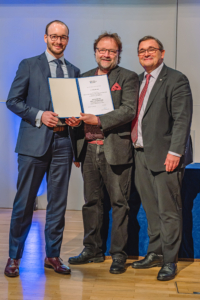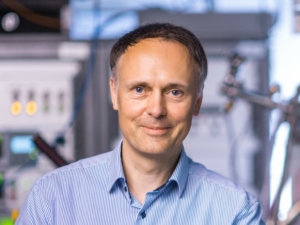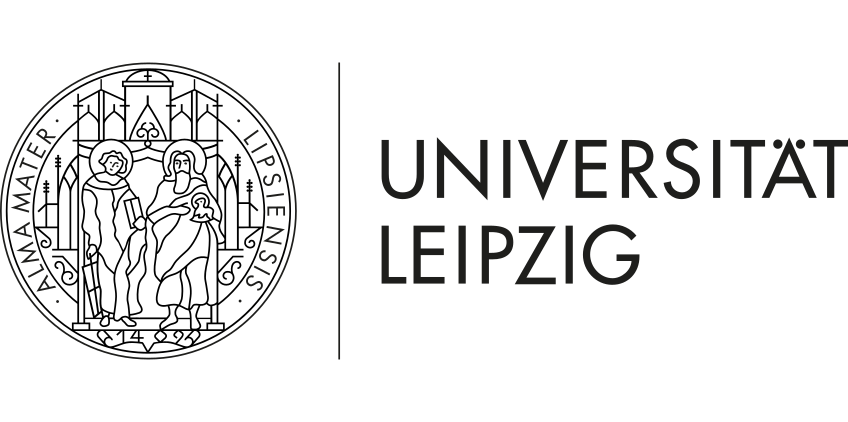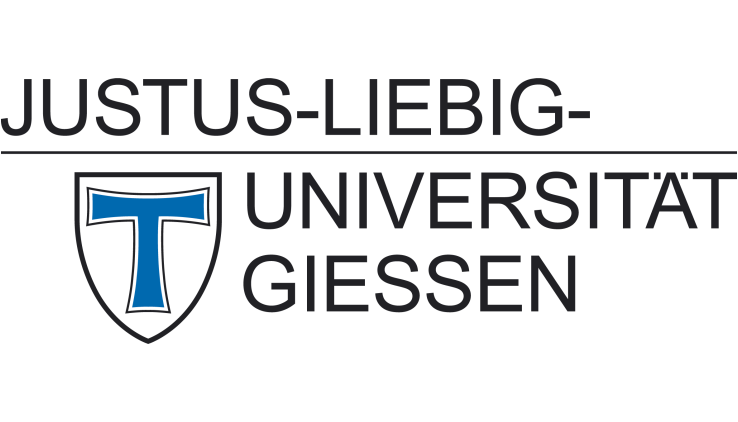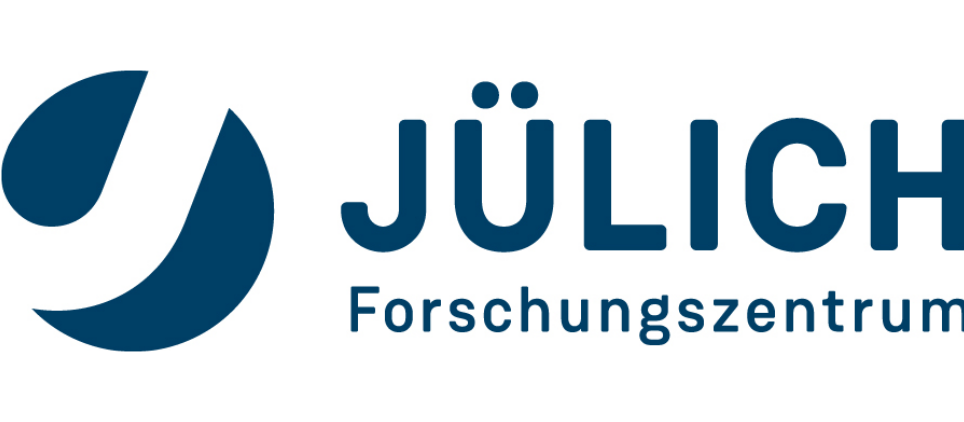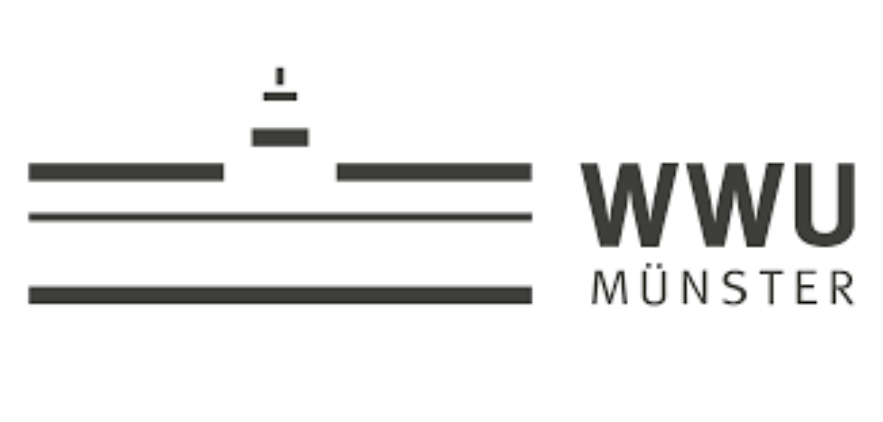Poster Presentation Prize at DPT 2022 in Karlsruhe
Marleen Axt (B6) was awarded for the best poster presentation at the 26th German Conference of Women in Physics („Deutsche Physikerinnentagung“, DPT) in Karlsruhe
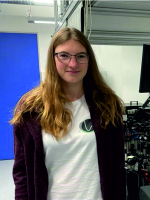
Poster: „Time-resolved second-harmonic imaging microscopy: Ultrafast processes in ultrathin materials“ by M. Axt, J. E. Zimmermann, G. Mette, and U. Höfer (Philipps-Universität Marburg).
The German Conference of Women in Physics takes place annually since 1997. Supported by the German Physical Society (DPG), it offers female scientists of all areas of physics and at different carrier levels – from student to professor as well as physicists in industry – the possibility for networking and professional exchange. The 2022 conference had 250 participants and was hosted by the Karlsruhe Institute of Technology (KIT) from November 24-27, 2022.
In her contribution, Marleen Axt (project B6) reported on investigations of ultrafast charge-transfer processes between van-der-Waals monolayers of different twist angles by means of time-resolved second-harmonic imaging microsocopy, a technique developed by the Höfer group. The experiments provide insight into fundamental electronic properties at interfaces.
